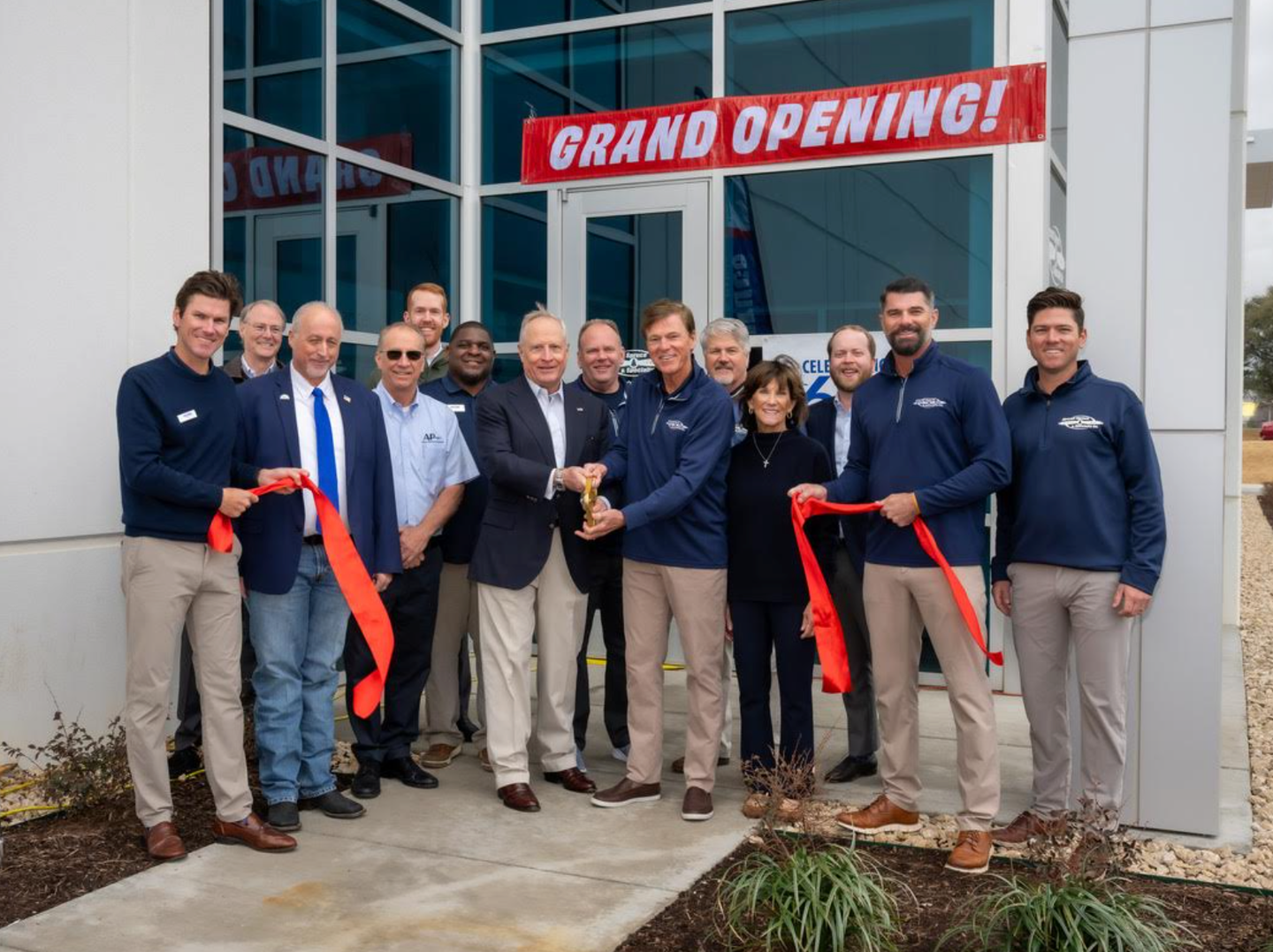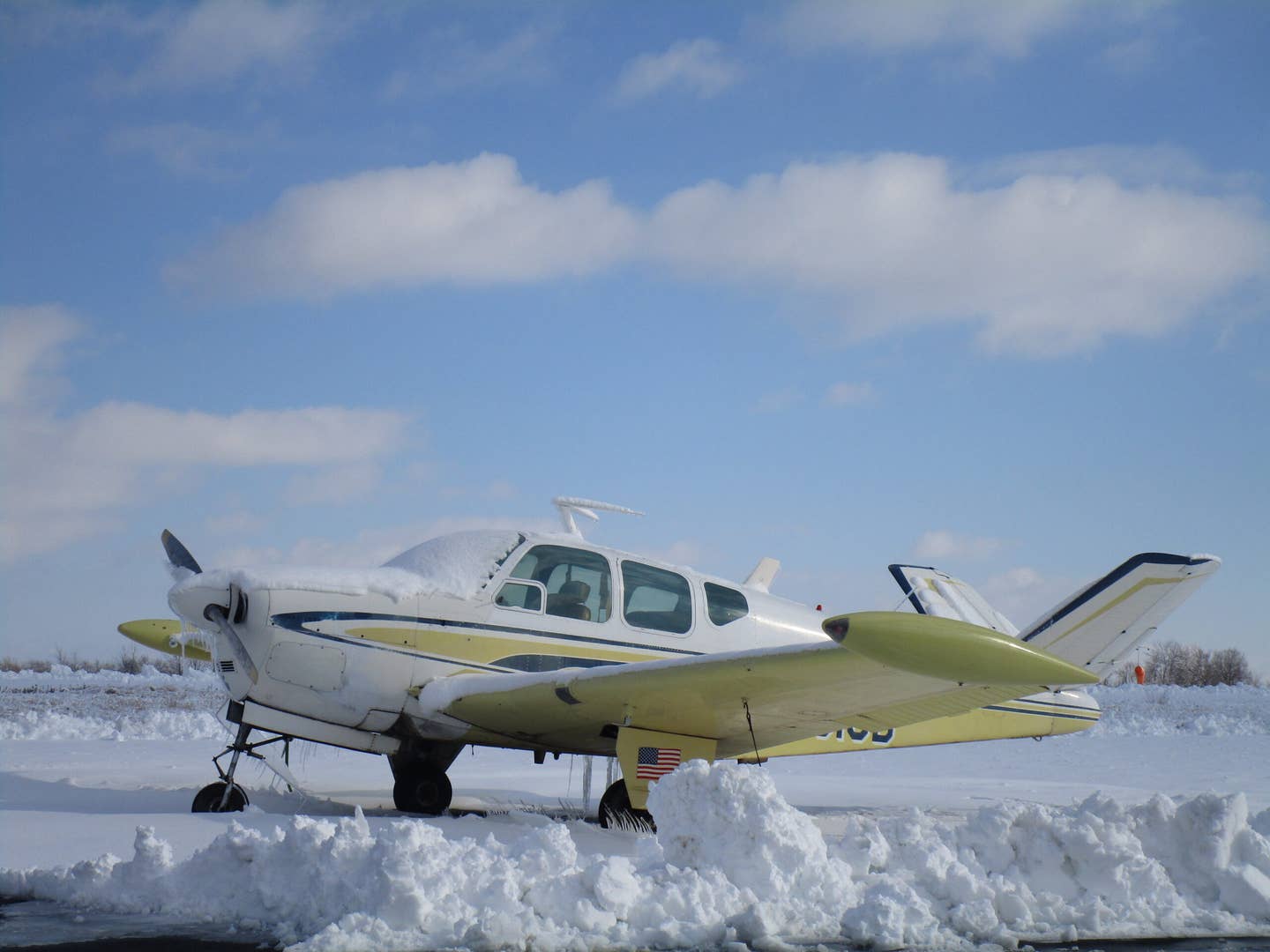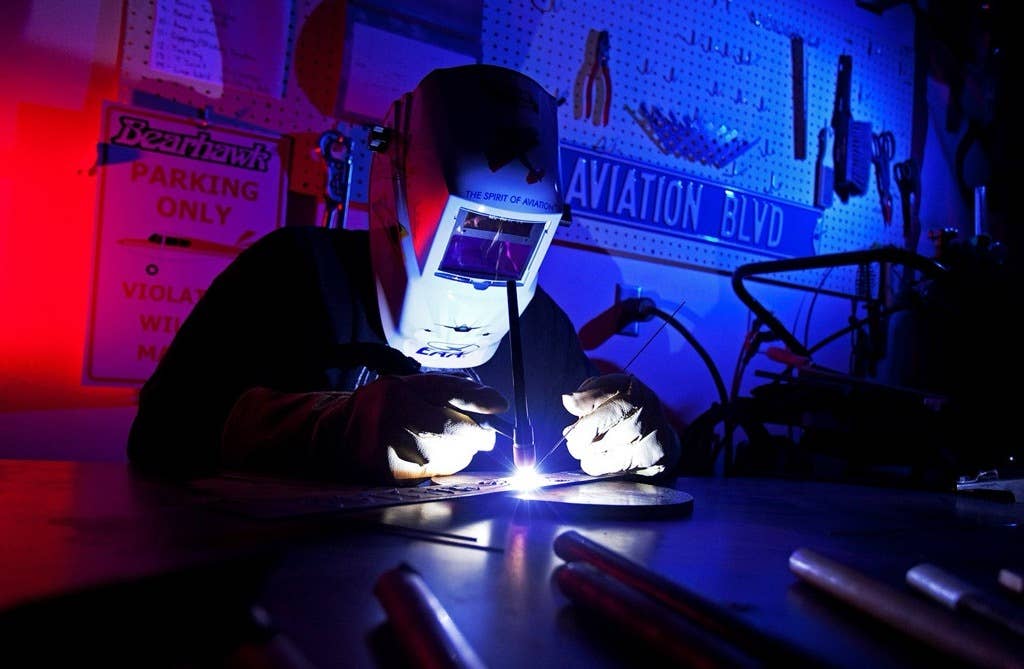Where Are All the Women Airline Pilots?
It’s not a big secret to me. They’re already here.
Why aren't more women flying the friendly skies? It might be because all the women who want to be airline pilots are already here.
In United Airlines' announcement last year, CEO Scott Kirby said, "Over the next decade, United will train 5,000 pilots who will be guaranteed a job with Unite!and our plan is for half of them to be women and people of color." Who are they trying to kid? I'm here to tell you---it's not going to happen. The open invitation has been extended to women pilots for decades now, with little effect. The percentages of women in airline cockpits has remained flat at a very low level.
A more accurate question might be, why don't women want to become airline pilots? And to answer that, we need to dig deeper. Let's ask those who are here on the job what all the fuss is about.
Some United Airlines background: In the late 1980s, it was recognized that United had failed to place women and minority pilots in the cockpits of their airliners following an earlier discrimination lawsuit filed by the Equal Employment Opportunity Commission (EEOC). In that settlement, United Airlines agreed to attract and hire more women and minority pilots. The result after nearly 40 years of efforts to boost female and minority representation in the flight deck is that United has the highest number of women pilots of any U.S. major airline---approximately 7%, an increase of 2% over historic levels, which some might argue is little to no change. The fact is, the percentage of women in the cockpit has hovered steadily between 3 and 7% percent for at least the last 30 years.
Allow me to add that as a Designated Pilot Examiner (one authorized by the FAA to evaluate and award Private, Instrument, and Commercial pilot certificates to those who have received extensive flight instruction), I can tell you that I awarded fewer than 10% of those certificates to women pilots. I suspect, as a female DPE, my number might even be higher than most, as some women certificate applicants likely seek a female examiner to fly with. What percentage of those [who earn a pilot certificate] became commercial pilots of some kind (though not necessarily for an airline)? The answer is 6%. So, this is not to say that a certain percentage of women do not want to fly. They do. They are. They just don't want to fly for the airlines.
The problem is the lifestyle. After all, how many women want to spend 50% of their time away from home on the road eating bad food, and sleep half the nights of every month in a hotel room and not their own bedroom? Simple family activities, like picking up kids after school and taking them to pizza on their birthday, can be a scheduling nightmare.
Generally speaking, everyone appreciates a little structure built into their lives, but airline schedules don't work that way. They are fluid, inconsistent and full of unwanted surprises. I don't know how many female airline pilots have children---that statistic is not available. But the fact is, the demands of being an airline pilot are not conducive to traditional family life.
There are attractive elements of flying for the airlines that you won't find in much of corporate America. If you truly want a transparent pay scale on par with your peers and entirely seniority-based, there are no glass ceilings here.
But it's not an easy life, unless, that is, you want to wear a uniform with sensible shoes while lugging your bags up and down stairs through empty terminals and dark parking garages in the middle of the night, then this is your gig. If you believe absolute standardization, ongoing training and physical evaluations every six months (an evaluation that, if you fail, there's the possibility of losing your job), then this is the job for you.
Me, I love it, but I recognize it's not for everyone and particularly not for many women. The rewards centered around a lifetime spent flying for the airlines and helping support a safe environment for the traveling public are great. This environment provides me with structure and purpose enough to enjoy a high level of achievement.
But like any high-stress job, it's all rainbows and unicorns until it's not. That's why we're getting paid the big bucks. Airline pilot compensation is, as one climbs in seniority, very attractive, though it comes at a cost. At some point I realized my identity was tied into being in a peer group consisting of men in their 60s with whom I spend the majority of my waking moments at work.
Is it possible to be an airline pilot and a mom? It apparently is. I know plenty of women pilots who have raised children in picture-perfect suburban school districts. Again, I don't know how many female airline pilots have children, but I do know that this is a tough career for any woman who entertains visions of hosting Thanksgiving dinner every year à la Norman Rockwell. If you are a proponent of Hallmark holidays or want weekends off to spend with the kids, well, you'd better run.
As for me, financial freedom, independence and world travel were my heart's desire. These were the rewards I reaped from my career. The risks and sacrifices, however, are real. My duties as a pilot in a post-9/11 world include being officially dedicated the last line of defense between a terrorist and a tragedy. And as the pandemic unfolded, I continued to work three feet from my co-pilot, locked behind a cockpit door for up to eight hours a day, on the front lines even before it was well known how the virus was transmitted. Nevertheless, I'm proud of my contribution in the face of these events. And being true to myself has delivered personal success. My Norman Rockwell portrait depicts a happy husband, wife and dog in front of a California bungalow.
While some commend corporate leaders for pretending to open the imaginary back door to more women, my view is that qualified pilots who meet major airlines' hiring standards will continue to be hired at much the same rate they have always been. And while we need to continue to celebrate the achievements and milestones of women pilots, their numbers are likely to increase only slightly.
However, if the dreams and subsequent priorities of the next generation of women shift, so too will their lifestyle choices. The most important thing we who are on the job and those who are hiring can do is be honest about what our work/life balance entails. Until then, we do not need United Airlines or anyone else to hold the cockpit door open for us; we're already on board.
Andrea Eldridge is a retired airline pilot now living in Idaho. She recently won the Solas Award in the women's category for Best Travel Writing with a story about flight training in Japan.

Subscribe to Our Newsletter
Get the latest Plane & Pilot Magazine stories delivered directly to your inbox






